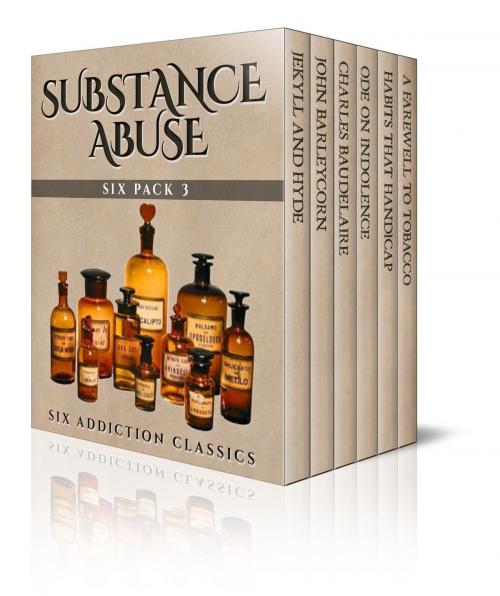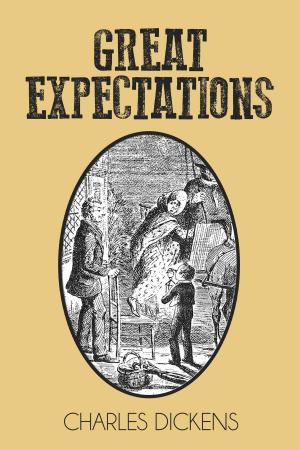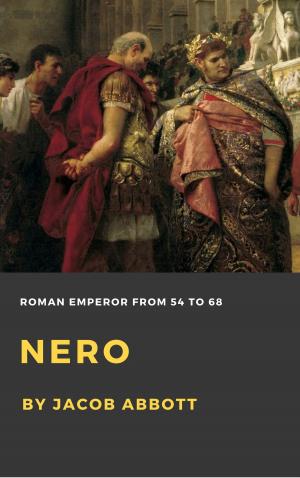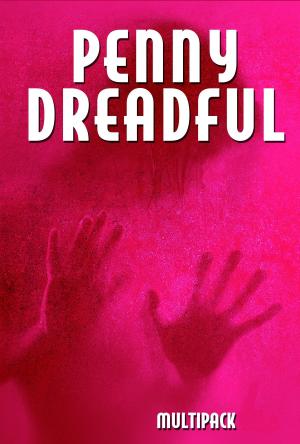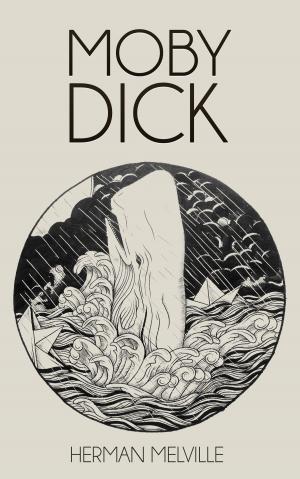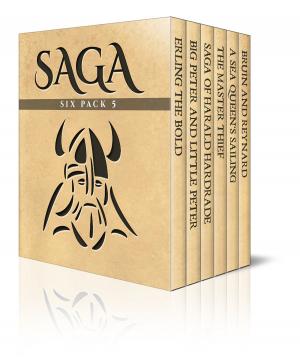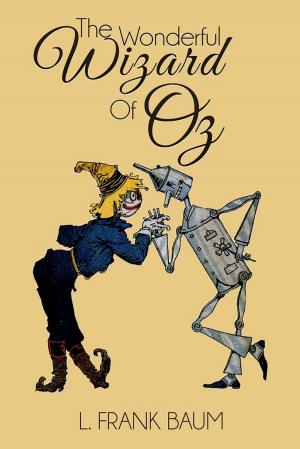Substance Abuse Six Pack 3
Biography & Memoir, Artists, Architects & Photographers, Nonfiction, Art & Architecture, Literary| Author: | Théophile Gautier, Robert Louis Stevenson, Jack London | ISBN: | 1230000604383 |
| Publisher: | Enhanced E-Books | Publication: | August 12, 2015 |
| Imprint: | Language: | English |
| Author: | Théophile Gautier, Robert Louis Stevenson, Jack London |
| ISBN: | 1230000604383 |
| Publisher: | Enhanced E-Books |
| Publication: | August 12, 2015 |
| Imprint: | |
| Language: | English |
Substance Abuse Six Pack 3 presents another sextet of classic vice-related works:
- The Strange Case of Dr. Jekyll and Mr. Hyde by Robert Louis Stevenson
- John Barleycorn by Jack London
- Charles Baudelaire - His Life by Théophile Gautier
- Ode On Indolence by John Keats
- Habits That Handicap - The Menace of Opium, Alcohol, and Tobacco, and the Remedy by Charles B. Towns
- A Farewell to Tobacco by Charles Lamb
While not overtly about drug use, The Strange Case of Dr. Jekyll and Mr. Hyde (1886) was written during a six-day cocaine binge and is the story of a man who ingests something and turns into a monster – an only slightly exaggerated version of what heavy cocaine consumption can do. Author Robert Louis Stevenson’s drug use has been well documented. Of the cocaine-fueled writing binge that produced Jekyll and Hyde, perhaps Stevenson’s greatest work and a classic of the horror genre, Stevenson’s wife Fanny said: 'That an invalid in my husband's condition of health should have been able to perform the manual labour alone of putting 60,000 words on paper in six days, seems almost incredible.'
Charles Baudelaire, the subject of Charles Baudelaire - His Life by Théophile Gautier once wrote, "You have to be always drunk. That's all there is to it." Baudelaire also struggled with opium.
Another literary giant hooked on the drug was John Keats, author of Ode on Indolence, first published in the spring of 1819. This was the peak of Keats’ drug addiction, when he was experiencing “opiate reveries” like the ones described by Samuel Taylor Coleridge (See the first Substance Abuse Six Pack). Ode to Indolence, composed during this time, is considered to be a radical departure from his earlier poems.
Jack London, the author of John Barleycorn, died at the age of forty. In this autobiographical work, London describes his life as seen through the eyes of alcohol, personified in the eponymous character. With remarkable candor and insight, London describes the demons and gods he encounters through both friend and enemy, John Barleycorn.
In addition to these four classics, there is also a sophisticated Edwardian narcotics study - Habits That Handicap - The Menace of Opium, Alcohol, and Tobacco, and the Remedy by Charles B. Towns – and A Farewell to Tobacco by Charles Lamb, a witty divertissement by the celebrated author of Tales From Shakespeare.
Substance Abuse Six Pack 3 presents another sextet of classic vice-related works:
- The Strange Case of Dr. Jekyll and Mr. Hyde by Robert Louis Stevenson
- John Barleycorn by Jack London
- Charles Baudelaire - His Life by Théophile Gautier
- Ode On Indolence by John Keats
- Habits That Handicap - The Menace of Opium, Alcohol, and Tobacco, and the Remedy by Charles B. Towns
- A Farewell to Tobacco by Charles Lamb
While not overtly about drug use, The Strange Case of Dr. Jekyll and Mr. Hyde (1886) was written during a six-day cocaine binge and is the story of a man who ingests something and turns into a monster – an only slightly exaggerated version of what heavy cocaine consumption can do. Author Robert Louis Stevenson’s drug use has been well documented. Of the cocaine-fueled writing binge that produced Jekyll and Hyde, perhaps Stevenson’s greatest work and a classic of the horror genre, Stevenson’s wife Fanny said: 'That an invalid in my husband's condition of health should have been able to perform the manual labour alone of putting 60,000 words on paper in six days, seems almost incredible.'
Charles Baudelaire, the subject of Charles Baudelaire - His Life by Théophile Gautier once wrote, "You have to be always drunk. That's all there is to it." Baudelaire also struggled with opium.
Another literary giant hooked on the drug was John Keats, author of Ode on Indolence, first published in the spring of 1819. This was the peak of Keats’ drug addiction, when he was experiencing “opiate reveries” like the ones described by Samuel Taylor Coleridge (See the first Substance Abuse Six Pack). Ode to Indolence, composed during this time, is considered to be a radical departure from his earlier poems.
Jack London, the author of John Barleycorn, died at the age of forty. In this autobiographical work, London describes his life as seen through the eyes of alcohol, personified in the eponymous character. With remarkable candor and insight, London describes the demons and gods he encounters through both friend and enemy, John Barleycorn.
In addition to these four classics, there is also a sophisticated Edwardian narcotics study - Habits That Handicap - The Menace of Opium, Alcohol, and Tobacco, and the Remedy by Charles B. Towns – and A Farewell to Tobacco by Charles Lamb, a witty divertissement by the celebrated author of Tales From Shakespeare.
